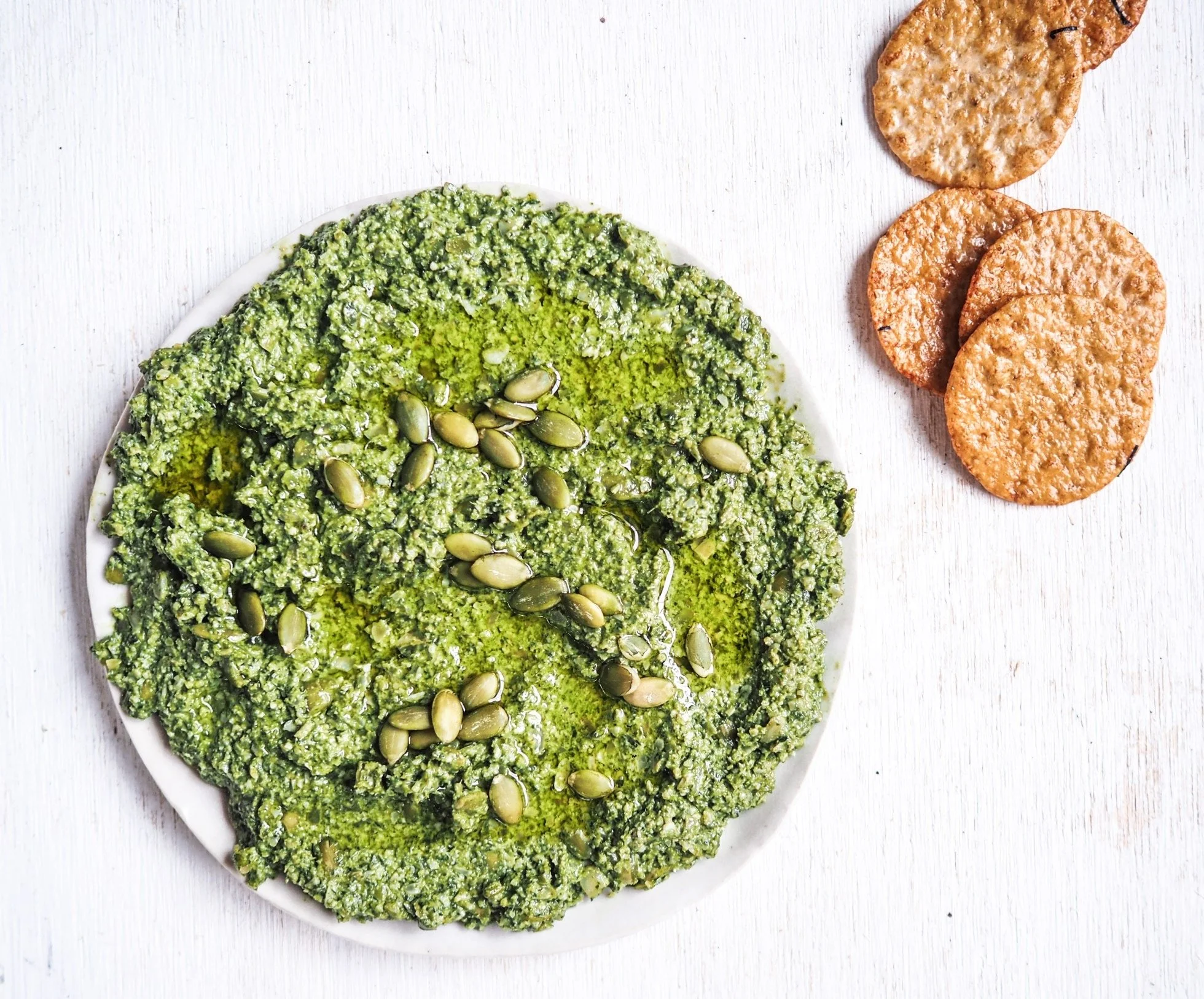Zinc-Rich Foods for Toddlers: A Parent’s Cheat Sheet
Zinc is one of those quiet heroes of children’s health — it supports immune strength, helps little ones grow, aids in wound healing, regulates appetite, and even influences behaviour and mood.
Toddlers and young children can be especially vulnerable to low zinc if they’re picky eaters, eat very little meat, or have ongoing gut issues.
How Much Zinc Do Children Need?
A simple rule of thumb is around 1mg of zinc per kilo of body weight per day.
A 15kg child (around 3–5 years old) would need ~15mg per day.
This includes what they get from food (and supplements if prescribed).
⚠️ Important note: Always work with a practitioner if considering zinc supplements. Too high a dose can deplete copper, which may worsen behavioural issues and create more imbalances. Food-first is always safest.
Signs Your Child May Need More Zinc
Zinc deficiency in children can show up in subtle ways. It doesn’t always look the same in every child, but some common signs include:
White spots on fingernails
Frequent ear infections or recurring sore throats
Skin issues (slow wound healing, rashes, dry patches)
Irritability and mood swings
Low tolerance and easily frustrated behaviour
Poor memory or concentration
Fussy or picky eating habits
👉 If you notice several of these signs in your child, it may be worth exploring zinc levels with a practitioner.
Zinc-Rich Foods for Kids
Here are some toddler and child-friendly sources of zinc, with approximate amounts per serve:
Oysters (raw or cooked) - 1 small oyster = 5–8mg
Beef mince - 100g cooked (about ½ cup) = 5mg
Lamb chop - 1 small chop (80g cooked) = 4–5mg
Chicken thigh - 100g cooked = 2mg
Sardines - ½ tin (45g) = 1.5–2mg
Salmon - 100g cooked = 1mg
Egg - 1 large = 0.6mg
Cheddar cheese - 30g cube = 1mg
Pumpkin seeds - 2 Tbsp = 2–3mg
Cashews - 30g (small handful) = 1.5mg
Oats (rolled) - ½ cup cooked = 1mg
Peanut butter - 2 Tbsp = 0.9mg
Easy Ways to Boost Zinc in Your Child’s Diet
Spaghetti bolognese or tacos with beef or lamb mince
Pumpkin seeds blended into bliss balls, porridge, or sprinkled over yoghurt
Egg and cheese omelette for a double zinc boost
Sardine mash with avocado on toast or crackers
Nut butters (like peanut or cashew) spread on apple slices
Overnight oats with nut butter stirred through
Homemade Garden Pesto
My most favourite way to make a large jar of this garden pesto and stir it through a simple pesto pasta, have it with meatballs, mix with sardines, stir through a scrambled egg or stir through some yoghurt for a dip.
3 cups worth of parsley, dill, mint, basil or all (I love a combination)
¼ cup cold pressed olive oil
¼ cup apple cider vinegar
1 small garlic clove, minced
¾ cup to 1 cup mix of raw pumpkin seeds/sunflower seeds/pistachios/pinenuts. Can be just pumpkin seeds (rich in zinc and great for skin health)
salt and pepper
¼ cup parmesan (optional) – leave out if dairy free
-
place all ingredients into a blender apart from salt and pepper, blitz until desired pesto consistency
season to taste with salt and pepper, add a splash more ACV if needed to a little bit more a tang.
if too thick add a little more olive oil and if too runny add some more nuts/seed

